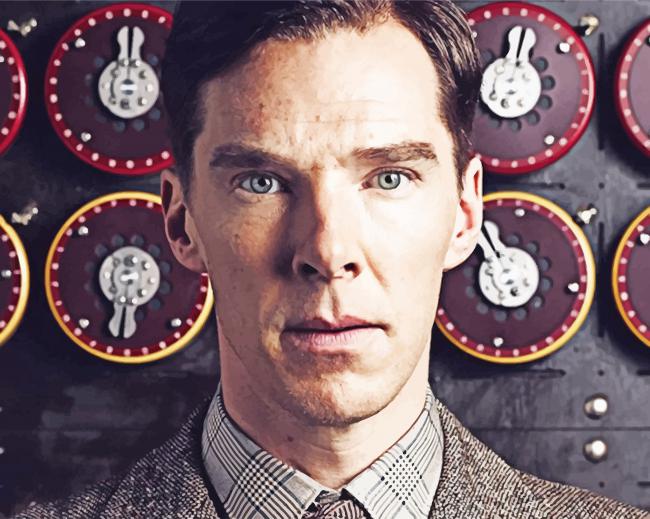


It's a jarring juxtaposition: Joan's final monologue is clearly meant to leave the audience with a message of hope, only to immediately undercut it with a punch to the gut. And then, the audience is told by subtitles, Turing dies off-screen. The last scene of the movie involves the main character suffering from the effects of chemical castration, including discussions of the situation that some viewers may find disturbing and upsetting.She leaves, and he finds solace with his computer-the computer that wasn't actually named Christopher. The constant smoking reflects the wartime era. Tobacco and alcohol use are depicted throughout. Such infrequent anti-Semitic and homophobic phrases reflect the historical setting and the film clearly does not condone or encourage such attitudes.Ĭontains frequent scenes of smoking within a historical context and some alcohol consumption There are uses of discriminatory language, including 'poofter' and 'kyke'. Mild bad language, with uses of 'sod', 'bleeding', 'bloody', 'hell', 'bastards' and 'arse'. A wounded solider is seen with a bloodied, amputated stump.Ĭontains mild language and discriminatory terms His classmates taunt him while nailing down the wooden planks that hold him prisoner. A school-aged boy is bullied and trapped in the space between the floorboards of a classroom.

Some archive footage of war containing images of ships and planes being blown up, and burning cities and rubble-strewn streets after bombings. There are scenes of mild violence, including a man being punched and left with a bloody lip, and a man being slapped around the face. There are comments about a man undergoing 'chemical castration' through hormone treatment. A man says that he's being held in a police station before he's accused of "entreating a man to touch my penis". A man tells a joke, suggesting oral sex, in which he refers to a woman putting something in her mouth while humming a piece of music.


 0 kommentar(er)
0 kommentar(er)
